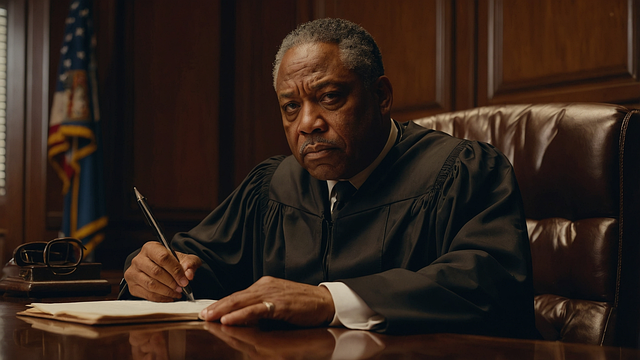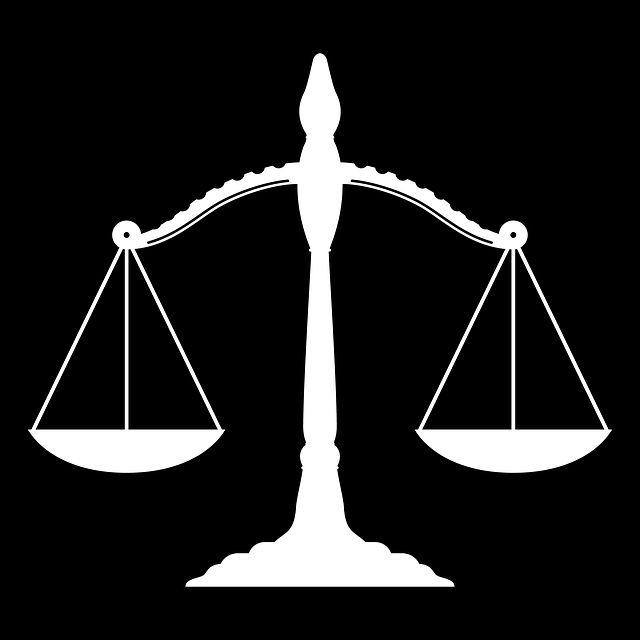The RF Securities Industry Regulation Framework aims to maintain fairness and integrity in financial markets through laws and oversight bodies monitoring compliance. Rights During Post-Conviction Proceedings are critical for firms with clean histories but complex transactions or allegations of fraudulent activities, as they can lead to the dismissal of charges, ensuring business survival, preserving reputations, and fostering industry resilience. Regulatory bodies meticulously review these proceedings, balancing legal enforcement with individual rights, to ensure justice is served in evolving financial markets.
“The RF Securities industry faces stringent regulation to maintain integrity and protect investors. This article delves into the intricate framework governing this sector, focusing on key aspects such as understanding the regulatory landscape, exploring rights of accused individuals during post-conviction appeals, and highlighting the critical role of regulatory bodies in ensuring fairness. By examining these elements, we aim to shed light on the delicate balance between punishment and due process rights during these proceedings.”
- Understanding RF Securities Industry Regulation Framework
- Rights of Accused: Navigating Post-Conviction Appeals
- Ensuring Fairness: Role of Regulatory Bodies in Reviews
Understanding RF Securities Industry Regulation Framework

The RF Securities Industry Regulation Framework is a complex and evolving system designed to maintain integrity and fairness in the financial markets. At its core, this framework aims to protect investors by ensuring that securities transactions are conducted transparently and ethically. It encompasses a range of laws, regulations, and oversight bodies that work together to monitor and enforce compliance across the industry. Understanding this regulatory environment is crucial for market participants, as it dictates how businesses operate, particularly in times of legal scrutiny.
One critical aspect within this framework is the management of rights during post-conviction proceedings. These proceedings can significantly impact firms with an unprecedented track record, especially if they involve complex financial transactions or allegations of fraudulent activities. However, a well-navigated regulatory process can help secure a complete dismissal of all charges, ensuring the survival and resilience of such businesses. This is particularly vital in avoiding indictment and preserving the reputation of those with otherwise clean histories, thereby fostering a more robust and adaptable securities industry.
Rights of Accused: Navigating Post-Conviction Appeals

In any legal proceeding, especially high-stakes cases like those involving white collar and economic crimes, understanding one’s rights during post-conviction appeals is paramount. After a conviction, accused individuals have the right to challenge the verdict through various appellate processes. This period offers an opportunity for legal teams to navigate intricate procedural pathways, scrutinize evidence, and present new arguments that could potentially alter the outcome.
The complexities of white collar defense often require meticulous attention to detail. Appeals may involve questions of law, interpretations of evidence, or even challenges to the fairness of the initial trial. Accused individuals are entitled to legal representation during these proceedings, ensuring they can effectively advocate for their rights and seek a new trial, reduction in sentence, or, if successful, an acquittal.
Ensuring Fairness: Role of Regulatory Bodies in Reviews

Regulatory bodies play a pivotal role in ensuring fairness within the RF Securities industry. Their reviews extend beyond mere compliance checks to scrutinize processes and practices that impact investor rights during post-conviction proceedings. These evaluations are crucial for maintaining integrity, especially as financial markets become increasingly complex and globalized.
By conducting thorough investigations, regulatory bodies safeguard the interests of investors, ensuring that justice is served. This involves examining evidence, interviewing stakeholders, and evaluating whether the accused have received a fair trial, including access to effective legal representation and the right to appeal. Ultimately, their oversight contributes to the balance between upholding the law and protecting the rights of individuals within the dynamic landscape of philanthropic and political communities.
The regulation of the securities industry, particularly through RF Securities frameworks, plays a critical role in maintaining fair markets and protecting investors. By understanding these regulations and the rights of accused parties during post-conviction appeals, we can ensure that justice is served while fostering a robust and transparent financial landscape. Regulatory bodies have a pivotal task in reviewing these cases, guaranteeing impartiality and upholding the integrity of the industry. In focusing on ensuring fairness throughout these proceedings, we strengthen the foundation of trust essential for investors and market participants alike.






